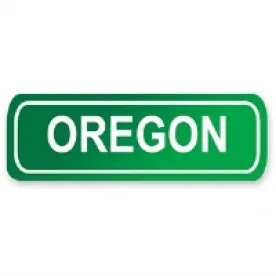On November 14, 2019, the Oregon Court of Appeals in Maza v. Waterford Operations, LLC, 300 Or. App. 471 (2019), addressed the question of whether an employer can be found strictly liable under Oregon Administrative Rules (OAR) 839-020-0050(2) when an hourly employee takes less than the entire duty-free, 30-minute lunch break to which the employee is otherwise entitled, regardless of the circumstances.
Background
OAR 839-020-050(2)(a) requires employers to provide hourly nonexempt employees with “a meal period of not less than 30 continuous minutes” for each work period of between six and eight hours in length. OAR 839-020-050(2)(b) further provides that “if an employee is not relieved of all duties for 30 continuous minutes during the meal period, the employer must pay the employee for the entire 30-minute meal period.”
The employer in Maza argued that, so long as it provided its hourly employees with an opportunity to take 30-minute meal periods, it had no further duty to enforce employees’ use of the full 30-minute meal period, and as a result, no liability for a shortened meal period unless an employee was forced to return to work early.
The Oregon Court of Appeals’ Decision
The court rejected the employer’s position. It concluded that OAR 839-020-050(2)’s requirement that an employer provide an employee with a meal period of not less than 30 minutes during which the employee is relieved of all duties means more than making 30 minutes “available” to employees to use for a meal period. It means that a 30-minute meal period is mandatory, and if not taken, the employer must pay the employee’s wages for the full 30 minutes.
The court reasoned that employers, “because of their authority over the workplace, are in a unique position to enforce mandatory meal periods necessary for the preservation of the health of employees” and that “given the requirement for the mandatory meal period, it is not sufficient for employers to merely require in a handbook that employees not work during meal periods.” The court held that “[i]t is the employer’s duty to monitor employees’ work and meal periods to ensure that full meal periods are taken.”
Key Takeaways
It is possible that Maza will be the subject of further appeal to the Oregon Supreme Court. Regardless, Oregon employers may want to revisit their timekeeping practices in light of Maza and assess their exposure to wage claims under the meal period regulation. If the Maza decision stands, employers will likely need to implement strategies to show that they are meeting their duty to monitor employees’ compliance with the meal period regulation.





 />i
/>i

